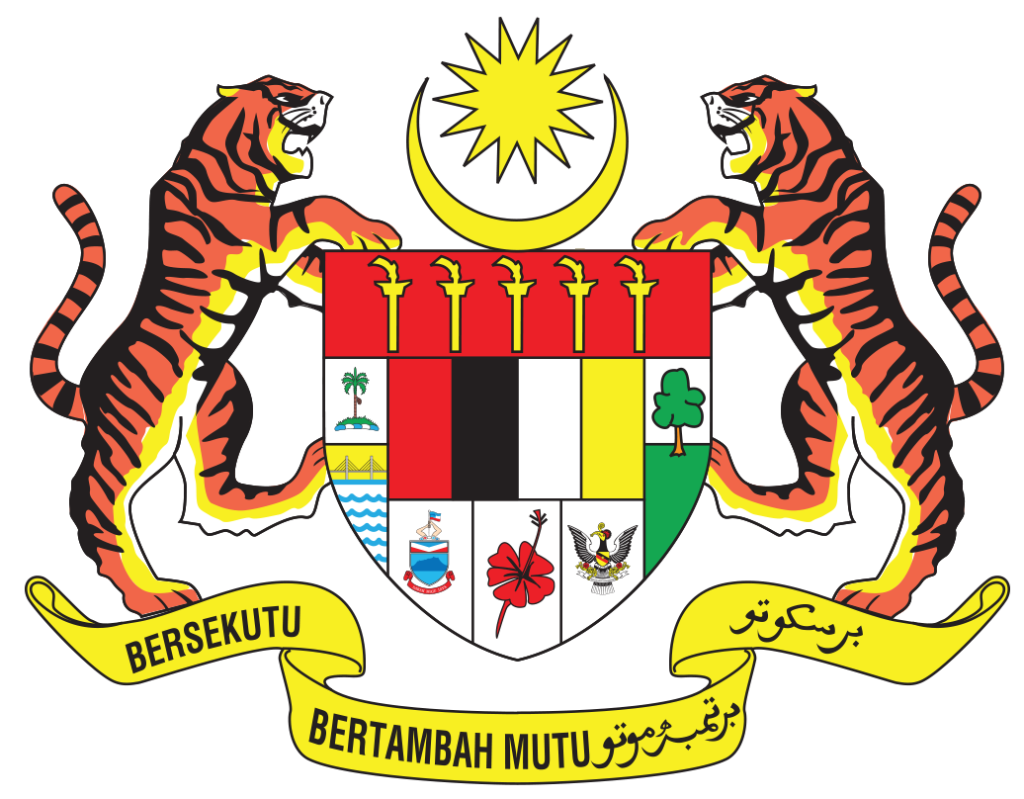NREgS
What is Nanotech Remote Energy System (NREgS)
Under High Impacts Projects at NanoMalaysia, NREgS targets game-changing Malaysian innovation for Wireless Power Transfer under the Industry 4.0
Nanotech Remote Energy System (NREgS) is a pioneering initiative by NanoMalaysia, designed to revolutionise wireless power transfer in alignment with the principles of Industry 4.0. NREgS targets far-field and near-field wireless power transmission technologies to usher in a paradigm shift in energy transfer methodologies. Emphasising the optimisation of individual components within wireless technology systems, NREgS aims to surmount the limitations of wired technologies, particularly in areas where wired connections are impractical. By prioritising advancing wireless power transfer projects already at Technology Readiness Level (TRL) 3 or higher, NREgS accelerates its commercialisation process. Additionally, NREgS seeks to alleviate range anxiety associated with traditional wired charging by promoting wireless power transfer solutions, enhancing user convenience and fostering innovative applications. NanoMalaysia further supports developing and commercialising wireless power transfer projects through funding and partnership opportunities, facilitating the seamless transition from research to real-world implementation.
Current Projects under (NREgS)
NanoMalaysia Autonomous Vehicle Delivery Unit (NAVI-D)
The Electric Autonomous Delivery Vehicle Wireless Charging project addresses the challenge of manually charging last-mile autonomous delivery vehicles, hindering operational efficiency. The project focuses on developing a wireless charging system for these vehicles, termed "Opportunity Charging," during downtime between deliveries. This innovative solution eliminates manual charging, ensuring vehicles are ready for deployment when needed. Key features include a unique wireless charging technology, specialised charging coil design, and an Internet of Things (IoT) enabled Battery Management System (BMS) for efficiently monitoring battery levels.
The project's objectives include developing a Proof-of-Concept (PoC) for the wireless charging technology, creating a prototype user interface for ordering items, and monitoring battery status. The scope encompasses designing and evaluating the wireless charging, battery monitoring, and ordering user interface. The project does not cover mass production, marketing, or sales aspects. Stakeholders involved in the project include UM Power Electronics And Renewable Energy Research Laboratory (UM PEARL) and HelloWorld Robotics Sdn Bhd.
Key milestones achieved include establishing a PoC for the autonomous last-mile delivery vehicle with wireless charging capabilities, implementing an IoT-enabled BMS system, and developing a prototype user interface. Notably, the system has been successfully tested, achieving an efficiency of 85% at 1kW power and autonomously completing delivery routes.
Future plans include introducing the delivery user interface to MRANTI food court vendors and customers, as well as initiating production of last-mile delivery robots and wireless charging docks. Market analysis indicates significant growth potential, with the worldwide autonomous last-mile delivery market expected to reach USD 48.96 Billion by 2027. The estimated price per unit for these delivery vehicles ranges from RM20,000 to RM150,000, with a projected selling price of around RM75,000 based on mass production costs. Partnership opportunities are also anticipated, with an estimated creation of 10 jobs over a 5-year projection, including roles for delivery robot operators and engineers specializing in hardware and software development.


NMB (NanoMalaysia Berhad) 201101027130
A company limited by guarantee (CLBG) under the
Ministry of Science, Technology and Innovation (MOSTI).
Level 21-02,
Sunway Putra Tower, 100,
Jalan Putra, 50350 Kuala Lumpur.
All Rights Reserved


NMB (NanoMalaysia Berhad) 201101027130
A company limited by guarantee (CLBG) under the
Ministry of Science, Technology and Innovation (MOSTI).
Level 21-02,
Sunway Putra Tower, 100,
Jalan Putra, 50350 Kuala Lumpur.


